Revolutionising supply chain management with enterprise blockchain applications
Traditional supply chain management systems often hit snags with inefficiencies, delays, and high costs. But what if there was a way to smooth out those bumps?
Enterprise blockchain applications are poised to transform supply chains from top to bottom. But, how does this new technology achieve such feats? Let's explore this topic further.
How does blockchain enhance transparency in supply chains?
Transparency is a big deal in supply chains. It's like trying to see through a foggy window—you want clarity but often get an obscured view. Blockchain clears that fog.
Its decentralized nature allows all parties involved to access the same data simultaneously. It stores each transaction as a "block" in a chain that nobody can alter without everyone's consent.
Thanks to the tech's consensus mechanism, some great examples of blockchain applications bring about incredible transparency and aid in real-time tracking. Imagine you could trace an apple from the orchard to your grocery store shelf at any given moment – that’s one of the benefits of blockchain.
Moreover, companies can ensure the authenticity and origin of their products. Counterfeiting has long plagued industries like pharmaceuticals and luxury goods.
With blockchain's immutable records, customers can verify that their “genuine” product is genuinely genuine. This capability can significantly boost consumer trust and brand loyalty.
Does blockchain improve efficiency in supply chains?
Efficiency in supply chains is often hampered by multiple intermediaries. Each party has its own ledger and records, causing bottlenecks and inconsistencies. Blockchain removes these intermediaries.
Smart contracts, a key feature here, are self-executing contracts with terms directly written into code.
When specific conditions are met, the contract automatically triggers actions like payments or shipments. No need for a middleman to validate every step. This automates processes and reduces delays, thus speeding up the entire supply chain.
Another perk is data accuracy. In traditional systems, data entry errors can snowball into significant issues downstream. Blockchain reduces such errors through automation and single-source data validation, ensuring everyone works off identical, error-free information.
The end result? Smoother, faster operations.
What role does blockchain play in sustainability?
Sustainability is becoming a necessity for modern businesses. So, how can blockchain help?
First off, blockchain ensures the traceability of materials used in products. Suppose a fashion brand claims to use only eco-friendly fabrics from ethical sources. Blockchain can track each material from supplier to final garment, confirming its eco-friendly credentials.
This allows companies to easily audit their supply chains and showcase their environmental stewardship transparently.
Secondly, blockchain can support circular economies by facilitating re-use and recycling efforts. Managing waste and returns becomes much easier when all items have a digital twin on the blockchain, detailing their lifecycle and components. It ensures resources are reused efficiently rather than ending up as waste.
Blockchain can also incentivise sustainable practices among suppliers by making these efforts visible to all stakeholders. Suppliers committed to sustainable methods gain recognition and possibly better contracts, fostering an ecosystem where everyone benefits from being environmentally responsible.
How does blockchain address ethical issues in supply chains?
Ethical sourcing is increasingly important to consumers who want assurance that products are made under fair conditions. Here’s where blockchain steps in.
Blockchain technology verifies compliance with labor laws and ethical standards by providing an unalterable record of transactions and processes. Think of it as receiving an honest report card for every stage of production - from minors not being employed to factory workers getting fair wages.
Also, if disputes arise regarding labor conditions or sourcing practices, blockchain’s immutable records provide indisputable evidence for arbitration or resolution.
In essence, blockchain acts like an all-seeing eye, but one that's impartial and fair.
Are there real-world examples of blockchain applications in supply chains?
The theory sounds wonderful, but what about real-world implementation? Let’s look at some blockchain applications in action.
Walmart has been at the forefront of integrating blockchain into its supply chain for food safety. They partnered with IBM's Food Trust platform to track leafy greens from farm to shelf. Any contamination issue now takes mere seconds to trace back to its source instead of weeks.
Similarly, De Beers utilises blockchain to track diamonds from mines to jewelers’ showcases, ensuring conflict-free stones reach the consumers. Every step is recorded immutably, offering customers peace of mind.
Even in the textile industry, giants like H&M explore blockchain for monitoring sustainability in cotton sourcing. This ensures raw materials adhere to ethical farming standards before they transform into wearable fashion pieces.
What challenges might companies face?
Implementing new tech isn't without hurdles - even something as promising as blockchain comes with challenges.
● For one thing, there’s the cost factor. Initial investments in integrating blockchain with existing systems aren’t cheap and may deter smaller players.
● Then come technical barriers, such as interoperability between different blockchain platforms and legacy systems. Ensuring smooth communication between old-school databases and cutting-edge technology is no small feat.
● What’s more, widespread adoption requires education and training across all levels—from C-suite executives down to warehouse employees—to ensure everyone understands the benefits and functionality of blockchain technology effectively.
The bottom line
Enterprise blockchain applications hold great promise for revolutionising supply chains by enhancing transparency, improving efficiency, ensuring sustainability, and addressing ethical concerns comprehensively.
While implementing it poses challenges - primarily cost-related - its long-term benefits far outweigh the initial obstacles.
Frequently asked questions
What industries benefit the most from blockchain in supply chains?
Industries plagued with counterfeiting issues like pharmaceuticals, luxury goods, and food & beverage stand to gain significantly from implementing blockchain solutions due to enhanced transparency and traceability.
Is blockchain secure?
Yes, very much so! Its decentralised and immutable nature makes altering records difficult without network consensus, ensuring high security against fraud and tampering.
Can small businesses adopt blockchain technology?
While initial costs might be steep for small enterprises, consortium-based models or third-party services can provide more affordable options for leveraging blockchain advantages without hefty infrastructure investments.
How does blockchain affect regulatory compliance?
Blockchain facilitates easy compliance with regulatory requirements by maintaining immutable records of all transactions and processes that auditors can readily access for verification purposes.










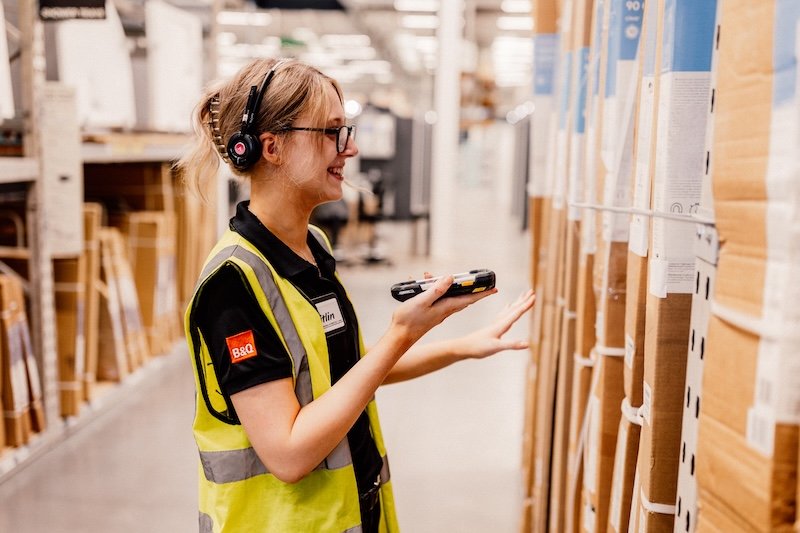

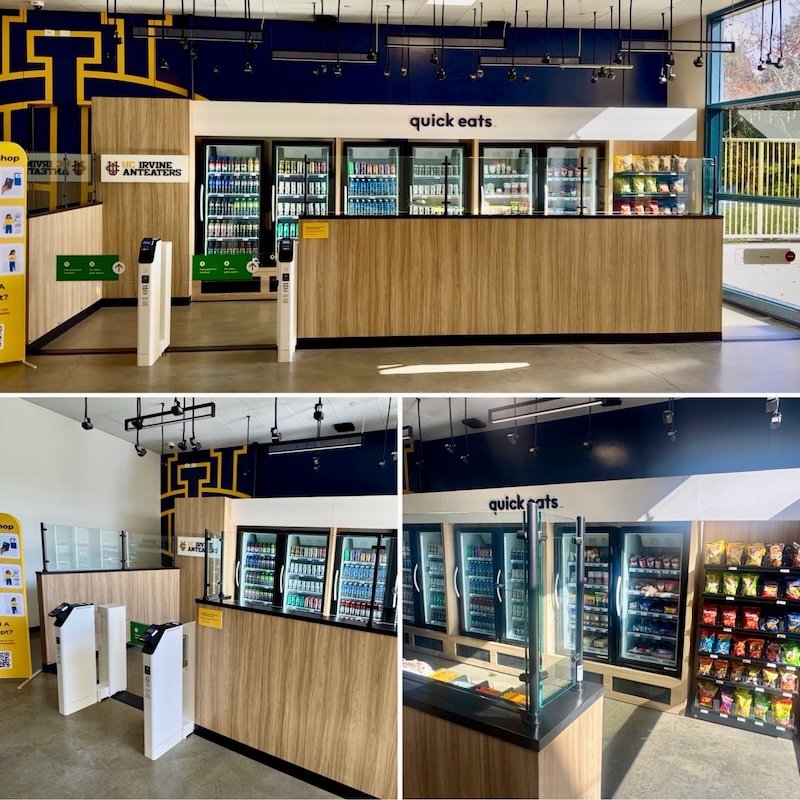





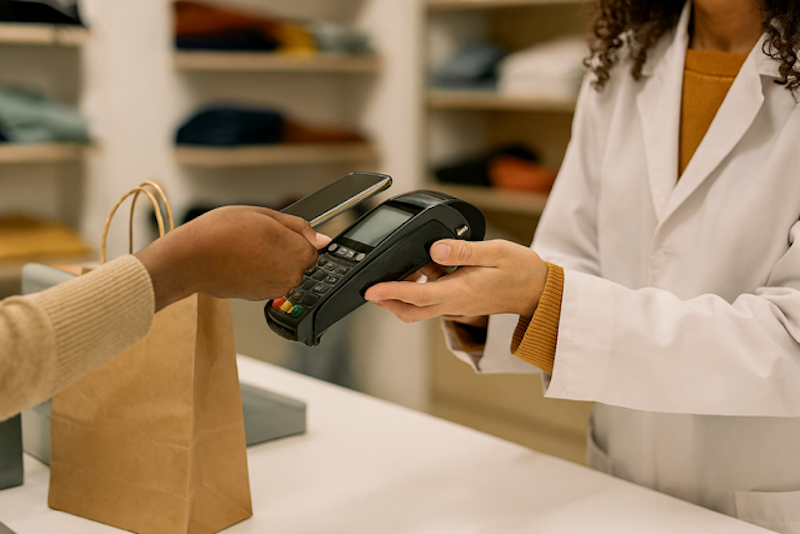
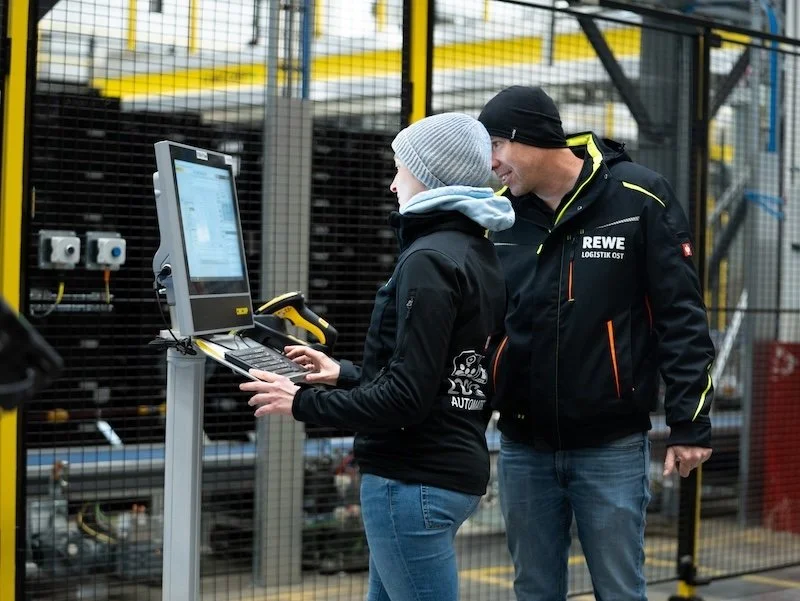








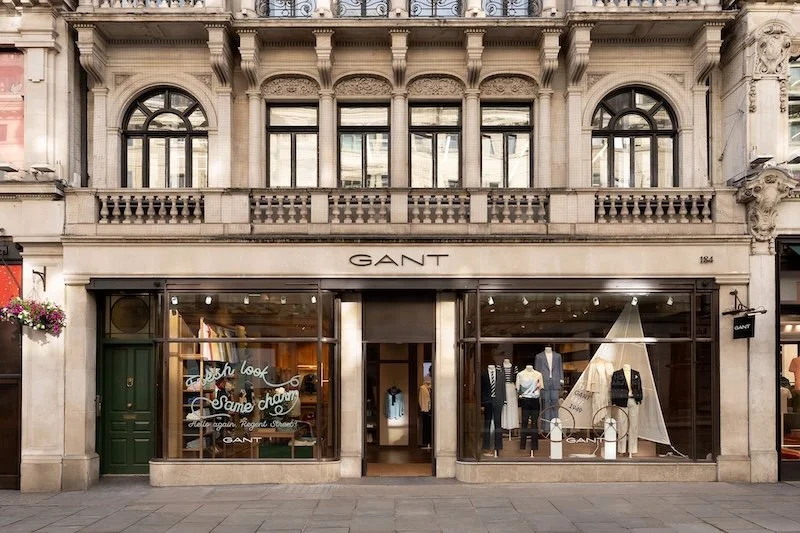






Continue reading…